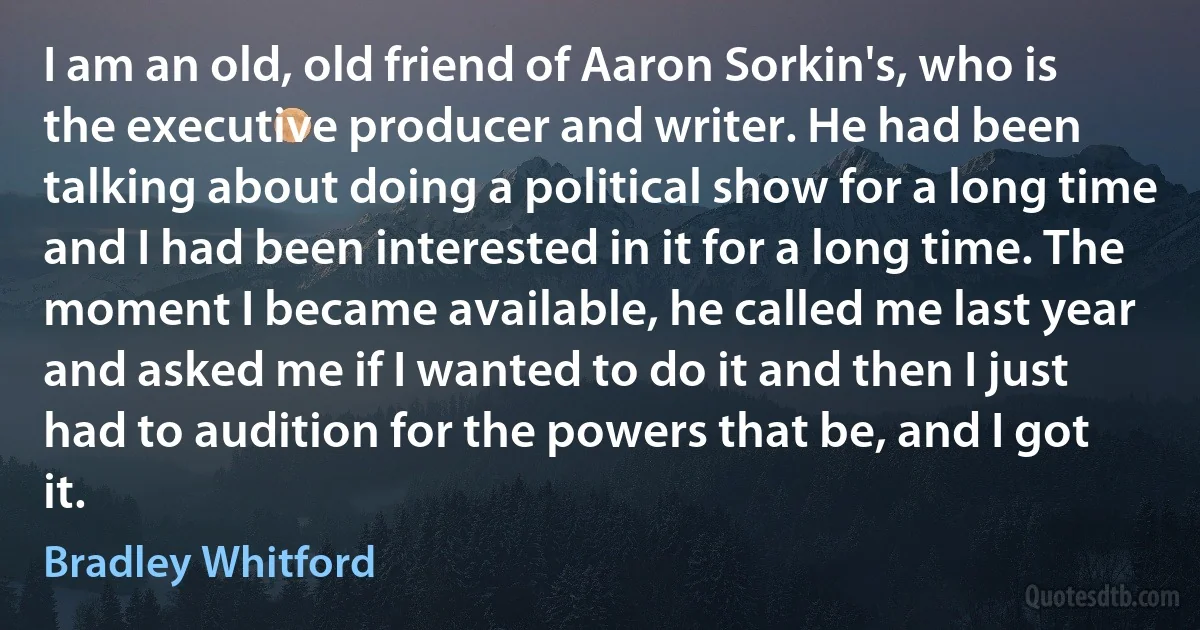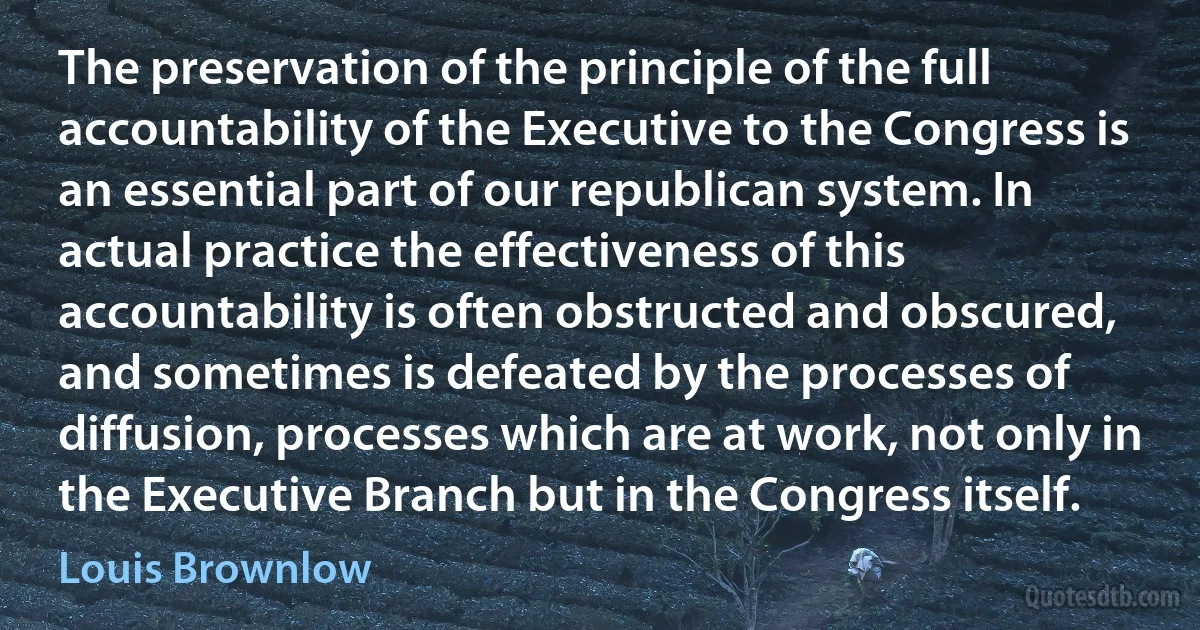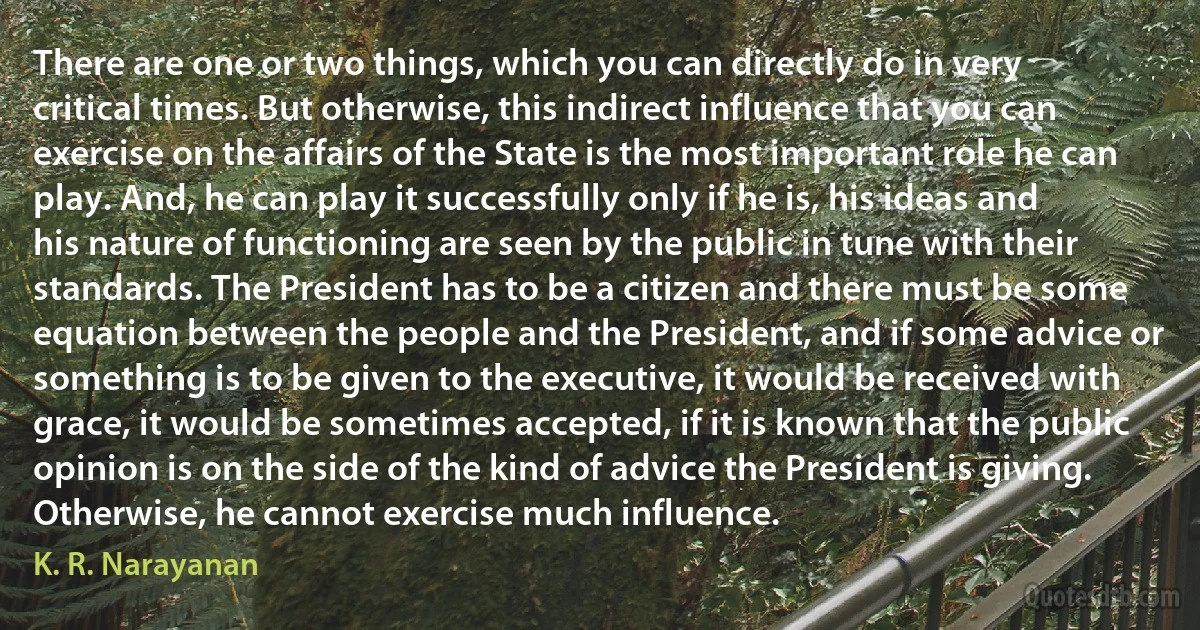Executive Quotes - page 10
I wanted to play Rick. I was missing it. I've been waiting for the call from the studio since then. I love it. You get to do so much fun stuff, as an actor. You get to go to great places. They strap you into harnesses and throw you around. You have to look like you really know how to take care of business and beat people up, when you're actually really a wimp. They're great fun movies. There's real appeal. Every kid or pinstripe executive in an elevator asks me, "When's the next Mummy movie?”.

Brendan Fraser
If I wanted to know what a certain future would feel like to me, I would find someone who is already living that future. If I wonder what it's like to become a lawyer or marry a busy executive or eat at a particular restaurant, my best bet is to find people who have actually done these things and see how happy they are.

Daniel Gilbert
Steve Jobs was rare: a C.E.O. who actually had a huge impact on his company's fortunes. Contrary to corporate mythology, most C.E.O.s could be easily replaced, if not by your average Joe, then by your average executive vice-president. But Jobs genuinely earned the label of superstar.

James Surowiecki
I have talked to Barack Obama about Star Wars recently, in the Oval Office, and he is definitely a fan. Article 2, Section 1 of the Constitution creates executive privilege, and as for government regulation and information policy, so too for Star Wars, I will not disclose discussions in private with the President of the United States.

Cass Sunstein
The more active working directors become, the more closely involved they resemble the executives now responsible for providing business leadership. A full-time working director is merely another official who is also a director. Wide adoption of the proposal for professional directors, particularly if management is able to select the directors itself, may merely make general the situation now found in some companies in which only the executive group is represented on the board.

Robert Aaron Gordon
We have called attention to this difficulty with respect to fiscal accountability. We hold that once the Congress has made an appropriation, an appropriation which it is free to withhold, the responsibility for the administration of the expenditures under that appropriation is and should be solely upon the Executive. The Executive then should be held to account through an independent audit made by an independent auditor who will report promptly to the Congress his criticisms and exceptions of the actions of the Executive.

Louis Brownlow
In 1789, for the first time, at least in modern history and in the western world, there was set up an executive who was at one and the same time the chief of state, the leader of the legislature, the leader of a political party, the commander in chief of the military forces of the nation, and toe executive manager of the government.

Louis Brownlow
Administrative efficiency is not merely a matter of paper clips, time clocks, and standardized economies of motion. These are but minor gadgets. Real efficiency goes much deeper down. It must be built into the structure of a government just as it is built into a piece of machinery. Fortunately the foundations of effective management in public affairs, no less than in private, are well known. They have emerged universally wherever men have worked together for some common purpose, whether through the state, the church, the private association, or the commercial enterprise. They have been written into constitutions, charters, and articles of incorporation, and exist as habits of work in the daily life of all organized peoples. Stated in simple terms these canons of efficiency require the establishment of a responsible and effective chief executive as the center of energy, direction, and administrative management.

Louis Brownlow
The Founders also recognized, I think necessarily and certainly at the time, that people with Government service who had served in the legislative branch or served in the executive branch would become judges--Chief Justice Marshall, for example--would have backgrounds that involved Government service or political service. But they also had confidence in the ability of people in our system, once they became judges and put on the black robes, to decide cases fairly and impartially. And that's the way that system has worked for more than two centuries. And I know there has been some discussion about that, but that's the way the system has worked in terms of deciding cases fairly and impartially and not based on political of personal views.

Brett Kavanaugh
The General Election just concluded has effectively and decisively demonstrated the power of the people, the vitality of the democratic process in India and the deep root that it has taken. The people have given a clear verdict in favour of individual freedom, democracy, and the rule of law and against executive arbitrariness, the emergence of a personality cult and extra-constitutional centres of power. The election marks an important milestone in the evolution of our democratic polity into a healthy two-party system.

Basappa Danappa Jatti
It is hard to suggest a remedy for this situation, which is one no military man enjoys. One alternative would be to refuse to permit military officers to appear before Congress and leave the defense of military matters to the civilian secretaries. This is the solution followed in Great Britain and many European countries. I doubt that it will ever be accepted in the United States, where the COngress wants to hear the facts from military men who presumably are without political motivation. A second alternative would be to take the position that the advice of the Chiefs of Staff to their civilian superiors is privileged and not to be revealed under Congressional interrogation. Thus far the Executive authority has not seen fit to raise the storm such a stand would create.

Maxwell D. Taylor
The earlier political thinkers used the term "organization" in the broadest sense of the term, that is, with reference to the widest aspects of the patterns of political forces in a given state. Thus a political society might be organized as a monarchy, aristocracy, or democracy, as a city-state, feudal state, a national state, imperial state, or a world state. Emphasis was also placed on the organs of organization. These came to be standardized in the course of time under the categories of legislative, executive, and judicial organs, the combination of which in some form of balance was held to be the indispensable basis of sound organization.

Charles Edward Merriam
My image of a President before I came here, and before I had any hope of coming here, was that of a rubber-stamp President, to be frank. This is the image I got. But having come here, I find that the image is not quite correct. I thought, I will have lot of time, leisure for reading, writing, waking etc. But somehow I find I can't get it now. So, my image of a President is of a working President, not an executive President, but a working President, and working within the four corners of the Constitution. It gives very little direct power or influence to him to interfere in matters or affect the course of events, but there is a subtle influence of the office of the President on the executive and the arms of the government and on the public as a whole. It is a position which has to be used with the, what I should say, with a philosophy of indirect approach.

K. R. Narayanan
Those who have caught the force of the lessons of the preceding volumes will see that God's Kingdom will not be one of outward, visible, earthly splendor, but of power and divine glory. This Kingdom has already come into executive authority, although it has not yet conquered and displaced the kingdoms of this world, whose lease of power has not yet expired. Hence it has not yet come into full control of earthly dominion.

Charles Taze Russell
At the Twelfth Party Congress in Moscow in 1923, Nikolia Bukharin stressed that the Nazi Party had ‘inherited Bolshevik political culture exactly as Italian Fascism had done.' On June 20, 1923, Karl Radek gave a speech before the Comintern Executive Committee proposing a common front with the Nazis in Germany. That summer several Nazis addressed Communist meetings and vice versa, as the German Communist Party took a strong stand for ‘national liberation' against the Treaty of Versailles and inveighed against ‘Jewish capitalists.' It is said that a few of the more radical Nazis even told German Communists that if the latter go rid of their Jewish leaders, the Nazi would support them.

Stanley G. Payne



